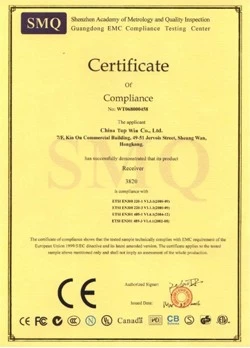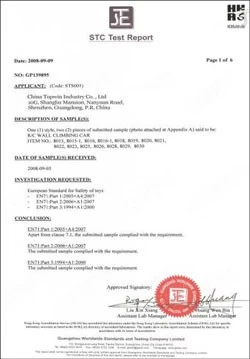Your Meetings Are Killing Employees' Best Ideas. It Isn't Your Fault. Here's How to Fix
chinatopwin
chinatopwin
2018-05-04 09:21:49

not so great for finding innovative solutions to problems or recognizing new threats
or opportunities. Fortunately, although you can't eliminate shared information bias,
there are things you can do to lessen its effects and increase the chances that
employees will share more of the good ideas and relevant information they have.
For your next team meeting, follow these simple rules:
Have people bring notes.
Make sure each team member arrives at the meeting with a list of a few important
Have people bring notes.
Make sure each team member arrives at the meeting with a list of a few important
points he or she plans to share. That way, if shared information bias causes them
to forget or dismiss whatever they planned to say, they can refer to their notes and
be reminded that they consider these points important.
Specifically ask for dissenting opinions.
As a group consensus emerges, pause the proceedings and say something like
Specifically ask for dissenting opinions.
As a group consensus emerges, pause the proceedings and say something like
this: "It sounds like a lot of us agree. But right now, I would like to hear from anyone
who has a different view." If team members have other viewpoints but have
hesitated to voice them, this invitation may bring those other viewpoints forward.
Go around the table.
You can follow up your request for dissenting opinions by going around the room
Go around the table.
You can follow up your request for dissenting opinions by going around the room
and asking each team member to say what he or she thinks. I learned the power
of this approach years ago when I taught a class and made it a practice to ask
each class participant in turn to speak. One man who was somewhat shy and
would never have volunteered to say anything consistently offered some of the
most insightful comments of the whole group. If you're not hearing from every
person at a team meeting, you are likely missing valuable information.
If you're the leader, speak last.
The leader or leaders of the team should make sure to gather everyone else's
If you're the leader, speak last.
The leader or leaders of the team should make sure to gather everyone else's
input before offering their own. In most groups, members are highly attuned to
leaders' opinions and are especially eager to go along with them. If you speak up
too early--even making it clear that yours is just one view and you want to hear
others--team members will tend to look for ways to agree with what you've said
rather than take the conversation in a different direction with insights or opinions
of their own. By keeping your thoughts to yourself at least through the early part
of the meeting, you'll give them a chance to shine. And you'll gain the benefit of
hearing their best ideas.











